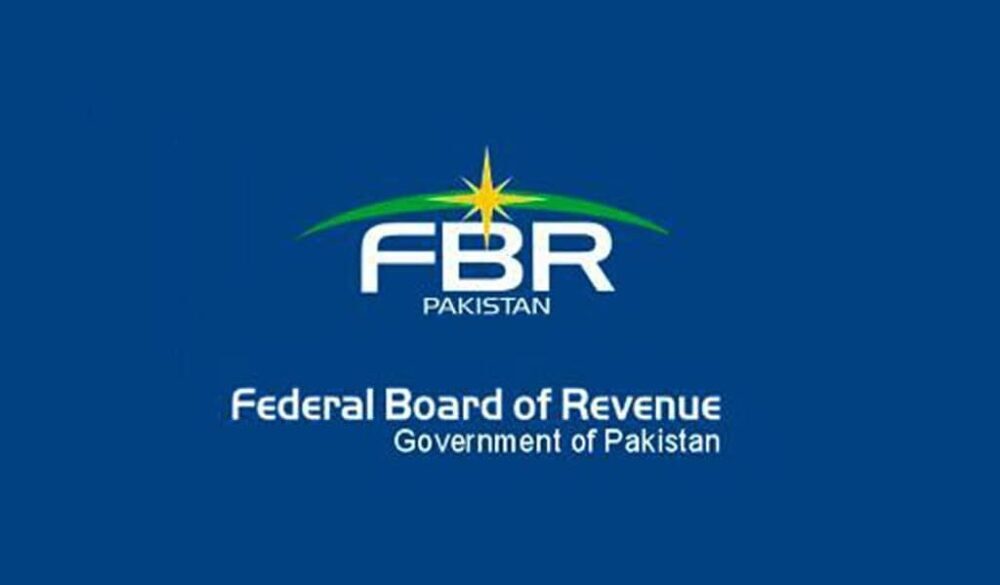Islamabad – May 2025:
In a bold and transformative move, the federal government of Pakistan is preparing to ban tax non-filers from purchasing real estate and vehicles under the upcoming Budget 2025–26. This landmark policy is designed to expand the country’s tax base, enforce tax compliance, and meet key commitments under the IMF loan agreement.
The new budget is expected to eliminate the “non-filer” category entirely, a long-criticized loophole that has allowed widespread tax evasion for years. Once approved, individuals and businesses not registered as tax filers will be prohibited from making high-value transactions, particularly in the real estate and automobile sectors.
Why This Matters for Real Estate in Pakistan
For investors and property buyers, this policy shift is a game changer. The government’s focus on financial documentation means that only registered tax filers will be eligible to buy plots, houses, or commercial properties. If implemented strictly, this move could:
- Boost property transparency
- Encourage more formal transactions
- Drive long-term real estate market stability
Non-filers will find it increasingly difficult to operate in the real estate market, which may lead to a significant rise in tax registrations in the coming months.
READ: Big News for Real Estate: Federal Excise Duty (FED) Likely to Be Abolished in Pakistan
Key Highlights of the Tax Reform Plan
The Federal Board of Revenue (FBR) has outlined a multi-layered approach to enforce these reforms:
- Abolition of the non-filer category
- Ban on major financial transactions by unregistered individuals
- Enhanced use of third-party data to identify and track tax defaulters
- Expansion of the Compliance Risk Management System (CRMS) in key cities: Islamabad, Lahore, and Karachi
- Extension of CRMS to corporate tax units nationwide
These efforts are part of Pakistan’s commitment to increase tax revenue, digitize the economy, and ensure fair tax contribution across sectors.
📈 IMF Pressure and Economic Stabilization
The decision comes amid pressure from the International Monetary Fund (IMF), which has raised concerns over Pakistan’s slow progress on tax reform, growing fiscal deficits, and economic instability. The IMF has demanded:
- Higher energy tariff adjustments
- Reduction of tax exemptions
- Stronger revenue collection mechanisms
According to insiders, the government is now fully committed to removing all safe havens for non-filers and improving overall documentation in line with global tax governance standards.
What This Means for Property Buyers and Sellers
As Pakistan gears up for the Budget 2025–26, potential property buyers should take immediate steps to register as active tax filers. Those already in the market must ensure:
- They appear on the Active Taxpayers List (ATL)
- Their income and asset declarations match their lifestyle
- They are using legal and documented channels for property transactions
This policy will directly impact those attempting to buy plots in Islamabad, houses in Lahore, or commercial properties in Karachi without valid tax registration.
READ: Government Plans Major Tax Reforms to Boost Pakistan’s Real Estate Sector
A New Era for Property Transactions in Pakistan
The upcoming ban on property and vehicle purchases by non-filers could be the most significant tax enforcement measure in recent years. It is expected to encourage greater participation in the formal economy, enhance real estate transparency, and fulfill Pakistan’s IMF commitments.
With the budget announcement just weeks away, buyers, sellers, and investors must stay informed and compliant. Registering as a tax filer is no longer optional — it’s essential.
🔗 Stay Updated
Visit PropertiesPakistan.com for the latest real estate news, property guides, and budget 2025–26 updates impacting the property market in Pakistan.




